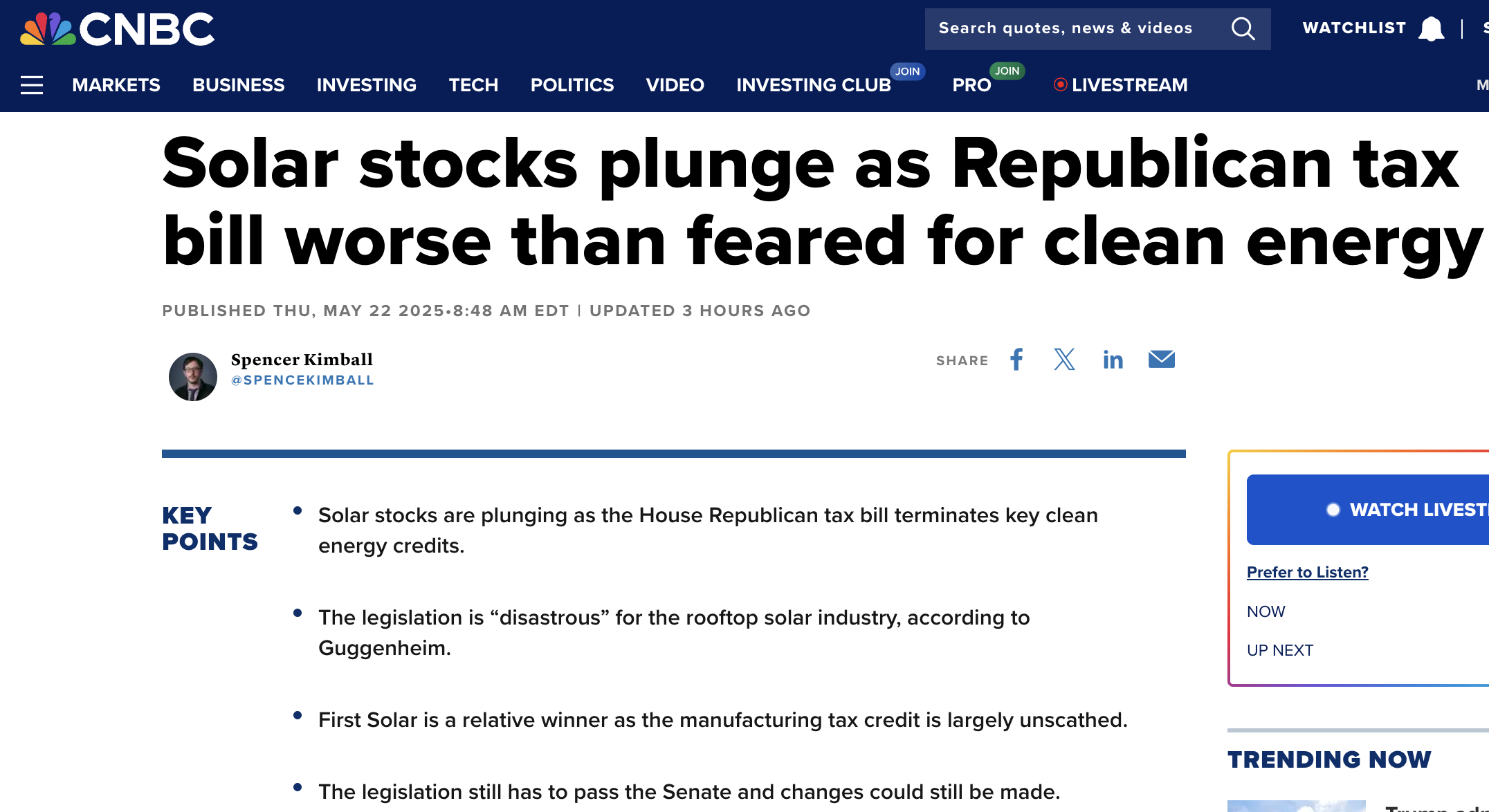https://www.aljazeera.com/ajimpact/coronavirus-curbing-carbon-emissions-200310205000051.html
By Ben Piven
Excerpt: While global warming may not make the coronavirus go away, the outbreak is temporarily curbing carbon emissions. And financial experts say new sustainability criteria for assessing investment risks could help governments and the private sector initiate measures that could avoid future outbreaks.
‘Falls in economic activity’
More than 4,000 people have died of COVID-19, with 113 confirmed cases across 109 countries and territories, according to WHO.
Regardless of how climate change might impact the dissemination of the coronavirus droplets, the disease is temporarily reducing carbon emissions in China and elsewhere as many factories remain shuttered and fuel consumption goes down.
“The most immediate impact of coronavirus is falls in economic activity, which will reduce greenhouse gas [GHG] emissions,” Faith Ward, chief responsible investment officer at Brunel Pension Partnership, told Al Jazeera.
And as the spread of COVID-19 slows in China, some experts have called attention to major environmental improvements around Wuhan, the city where the outbreak began.
“There do seem to be good data supporting the conclusion that emissions of GHGs and conventional air pollutants have gone down in China,” said Michael Gerrard, director of the Sabin Center for Climate Change Law at Columbia University.
He told Al Jazeera that the airline industry is the best current example of such a decline in emissions.
During a three-week span in China, daily flights went down from over 15,000 to barely 2,000, according to tracking firm Flightradar24.
With Italy and other nations likely to copy aspects of China’s lockdown model, demand for air travel, oil and electricity could keep declining.
Automobile use, manufacturing and industrial production have clearly dipped, causing fewer emissions. Concentrations of nitrogen dioxide, a pollutant that is released when fossil fuels are burned, have decreased some 40 percent in China – according to Washington Post analysis of data from the Sentinel-5P satellite.
But if history is any guide, reductions in greenhouse gas emissions may not last. The 1918 Spanish influenza outbreak, oil shocks of the 1970s, and the 2008 financial crisis caused ephemeral drops in polluting activities – before the economy fell back into high-emissions mode.


